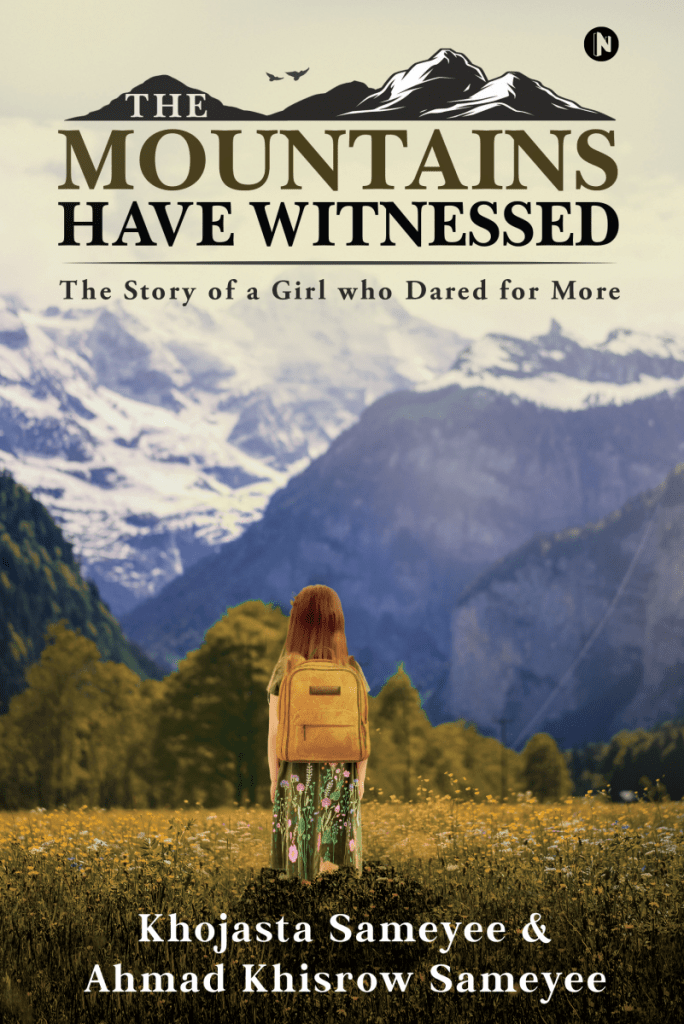
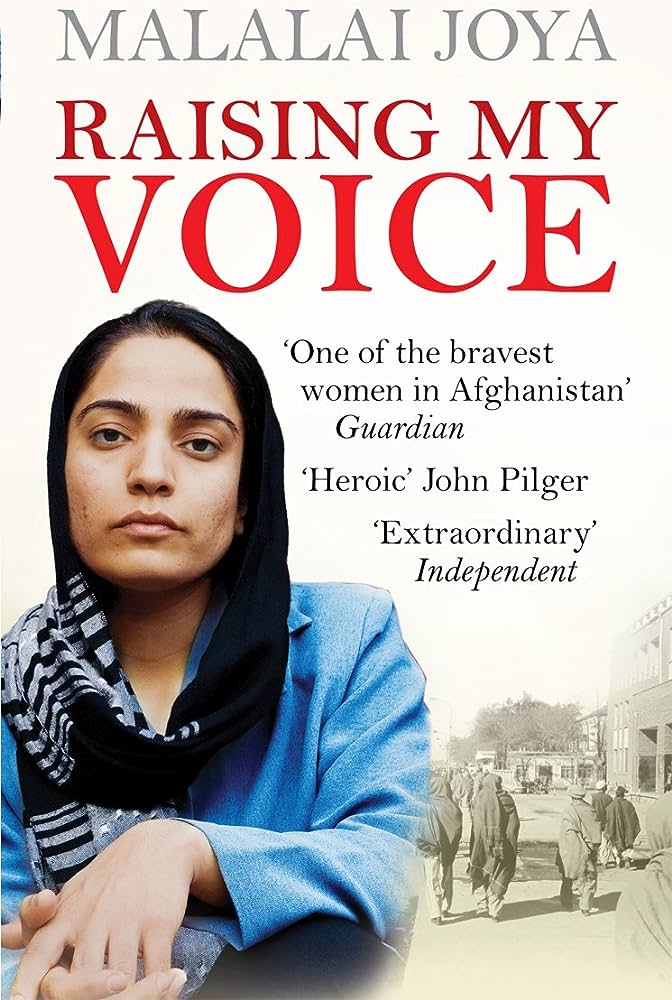
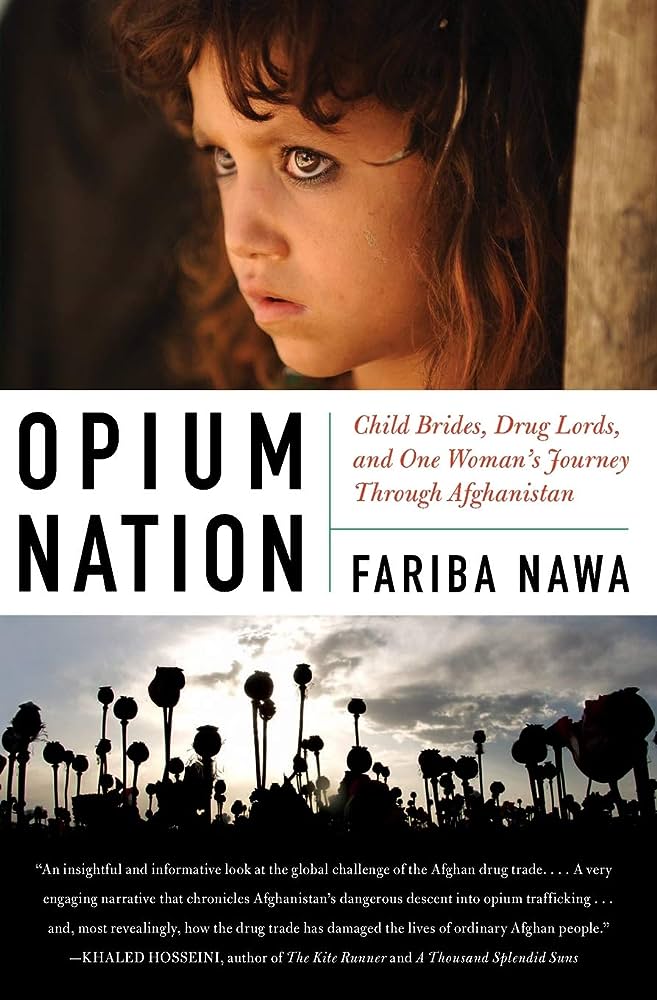
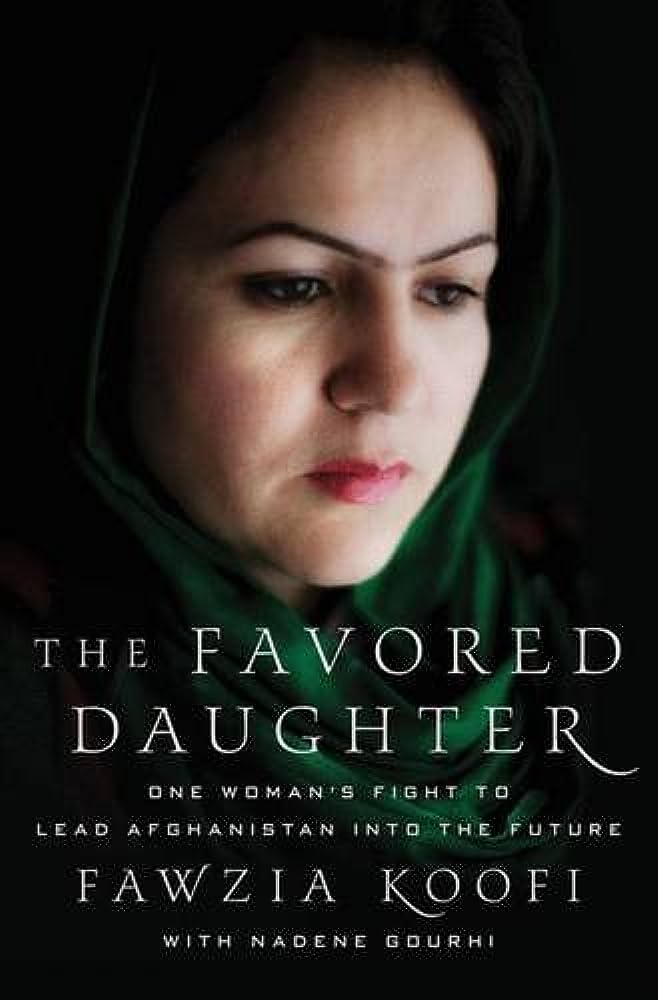

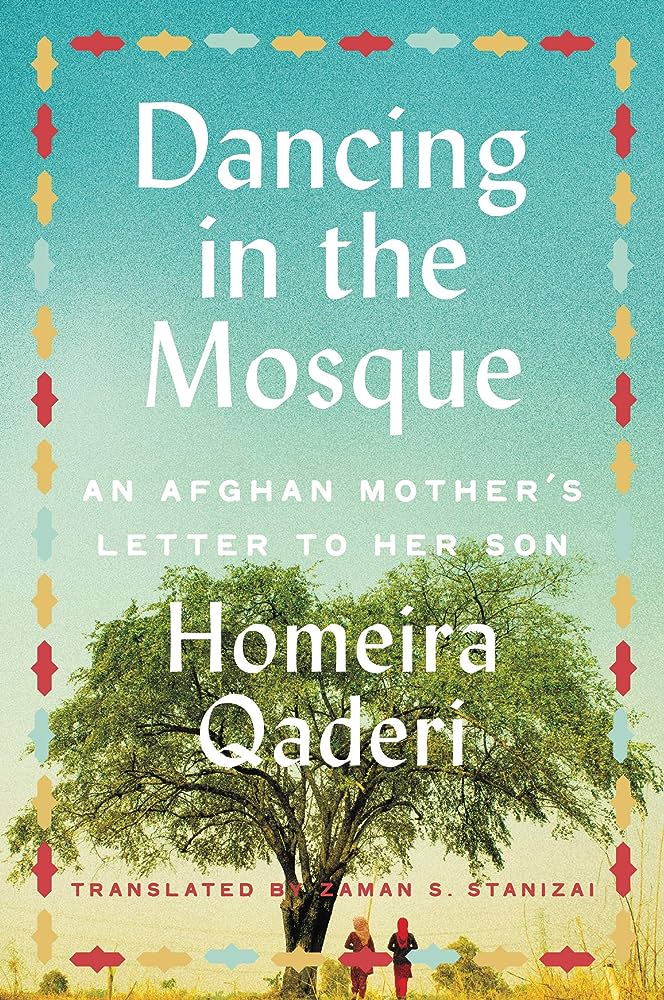
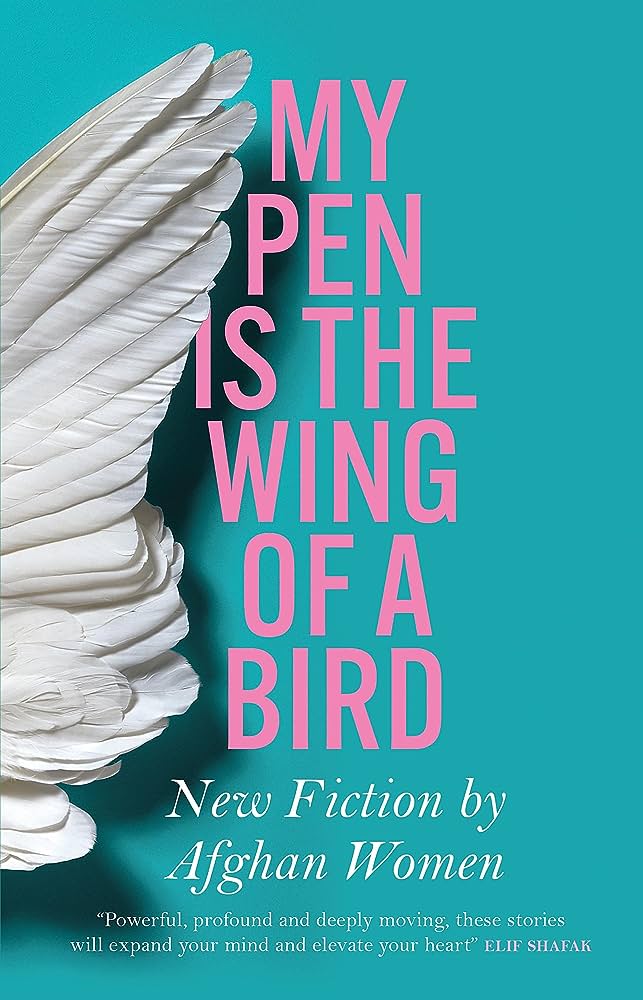
The Taliban has imposed further restrictions on women’s rights and freedom in Afghanistan, prohibiting girls over 10-years-old from attending primary school up to third grade. This move significantly impacts women’s education in the country and amongst these swathe of prohibitions, women’s access to books have also been curbed.
Officials from the Taliban-ruled Ministry of Education have told the principals of schools and short-term training classes in Ghazni province that “any girl over 10 years of age is not allowed to study in primary schools”, reported BBC Persian. And unfortunately this is part of a larger crackdown on women and girls’ rights.
Afghan professor jailed for distributing books to women and girls
Leading organisation Human Rights Watch said just in February this year, an Afghan professor was jailed for handing out free books to women and girls, in a bid to circumvent the harsh education restrictions. The Taliban arrested university professor Ismail Mashal, one of the few men to bravely protest against the move.
Mashal, 37, showed solidarity with his students and the countless women and girls denied their basic rights by tearing up his academic degrees on live TV. He declared that if his sister and mother couldn’t study, he wouldn’t accept his education either. Subsequently, he closed down the private university he ran, stating that education should be accessible to all or none at all. Later, he distributed free books to the public in Kabul using a wooden cart, which resulted in his detention in February.
Mashal was accused of “provocative actions” and trying to harm the Taliban’s government by inviting journalists to crowd on a main road and create “chaos”, Abdul Haq Hammad, a Taliban official from the Ministry of Information and Culture wrote on Twitter.
Bookstores and libraries struggle amid educational suppression
At the same time, Kabul-based journalist Hujjatullah Zia, said that books were losing value in the country and as a result, Afghanistan is “descending into darkness”. Writing for Al Jazeera, he said with the brain drain and increasing restrictions, knowledge and books are becoming worthless. He added: “Afghans have gone from being avid readers to not being able to afford books.”
Many educated Afghans, including journalists, have fled, leaving behind a shrinking customer base for bookstores and libraries. High taxes on book sales and censorship delays are further contributing to the industry’s decline.
“Scores of bookstores and publishing houses have shut down in the past two years. In the book compound in the Pul-e-Surkh area of Kabul, which I use to frequent before the Taliban takeover, the majority of bookstores have now shut down.”
Hujjatullah Zia, Kabul-based journalist
The ban on girls and women attending school and university has also led to a significant drop in book purchases. As Hujjatullah Zia experienced this firsthand, choosing to give away his books and later facing challenges in publishing a book due to its sensitive subject matter. Afghanistan’s rich literary history, which once celebrated freedom of thought and knowledge production, is now overshadowed by darkness and ignorance. The suppression of education and devaluing of books could have severe consequences for the country’s future – a country which produced the likes of poet Rumi.
Pakistani education activist Ziauddin Yousafzai, the father of the Nobel Peace Prize winner Malala Yousafzai, called the policies a part of a “gender apartheid”.
‘Flowers For the Future’ campaign supports books by Afghan women
And while much of the news agenda in the West has moved away from the troubling measures, there are some attempting to raise awareness about the plight including a group of students who sold poetry by Afghan women at Comic-Con. According to Del Mar Times, the campaign called “Flowers For the Future” aims to promote global equity in education, particularly in Afghanistan, using 21st-century technology like NFTs (non-fungible tokens).
The effort has helped over 300 girls in Kabul and more than 100 outside Afghanistan who have participated in Flowers over the past two and a half years, according to Timothy Stiven, a social science and humanities teacher at Canyon Crest Academy.
The club had a booth at Comic-Con on July 20nd to 22th and sold copies of “Arrows of Light: The Journeys of Afghan Women,” an anthology of short essays and poetry by 23 Afghan women that gives glimpses into their lives.
Led by Angela Aguirre, the club hoped to extend their reach to potential donors, hence hosting a free panel discussion titled “Afghan Girls Art and Poetry Exchange,” featuring discussions on their efforts to develop curriculum, raise funds, and do outreach. The campaign hopes to make a real difference in the lives of Afghan students.
Recommended books to support women’s rights in Afghanistan
Here are some books also worth reading to support the struggle for women’s rights in Afghanistan, with some recommended by the internationally bestselling author Nadia Hasimi. Afghanaid also runs a book club, which celebrates the rich literature of the country and uses the hashtag #ReadForAfghanistan:
- My Pen Is the Wing of a Bird: New Fiction by Afghan Women by Lucy Hannah. This collection introduces extraordinary voices from the country’s two main linguistic groups (Pashto and Dari) with original, vital and unexpected stories to tell, developed over two years through UNTOLD’s Write Afghanistan project.
- Sparks Like Stars by Nadia Hashimi. This timely novel is about a girl who survives a brutal coup in Kabul’s presidential palace.
- Dancing in the Mosque by Homeira Qaderi. The previous author also recommends this book about Qaderi’s letters to her son, and her life in defiance of the Taliban.
- The Favored Daughter: One Woman’s Fight to Lead Afghanistan Into the Future by Fawzia Koofi. Despite the many attempts on her life, abuse from her family, living under various regimes, and the murders of her father and brother she excelled. She rose to become the first Afghani woman Parliament speaker.
Read: South Asian Heritage Month: 18 books to celebrate diaspora
- Opium Nation by Fariba Nawa. An Afghan-American journalist offers a revealing look inside a country torn apart–from corrupt officials to warlords and child brides – while revisiting her own family’s deep roots to the land.
- Raising my Voice: The extraordinary story of the Afghan woman who dares to speak out by Malalai Joya. The Afghan activist and MP survived Soviet invasion, fought for women’s rights, elected to parliament, faced assassination attempts, received human rights awards.
- The Mountains Have Witnessed by Khojasta Sameyee and Ahmad Khisrow Sameyee. A soul-stirring story about a girl with a strong desire to go to school and seek education. The book was published by Notion Press, India’s leading self-publishing platform.
Why we care:
In conclusion, the Taliban’s further restrictions on women’s rights and education in Afghanistan have led to a dire situation, with girls and women denied access to schools and books. The brave actions of individuals like Professor Ismail Mashal and the efforts of groups like “Flowers For the Future” show the need for continued protest. Recommended books provide insight into the struggles faced by Afghan women and their fight for a better future.
The suppression of education and devaluing of books may have profound consequences for the country’s future, overshadowing its once-rich literary history and potential. Consequently, we cannot forget the women in Afghanistan and let them be buried in history.
Here are some charities mentioned and others of note:
This article contains affiliate links in which we may receive a small commission at no extra cost to you. We have not been commissioned to review books and services.
[…] Read: Afghan women in darkness as books and education restricted […]